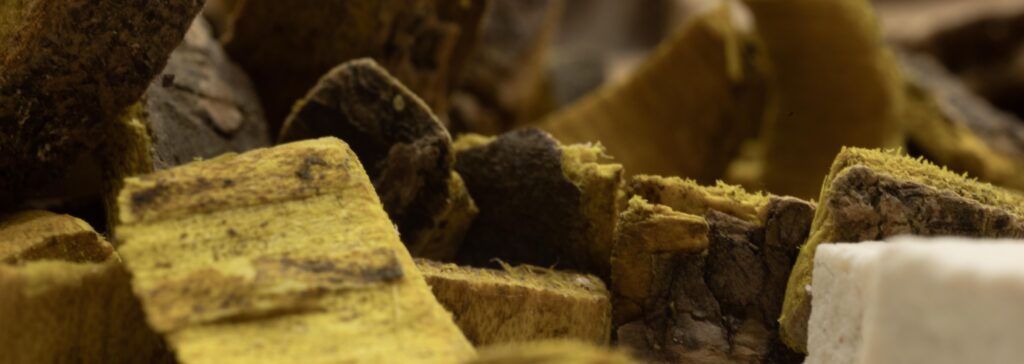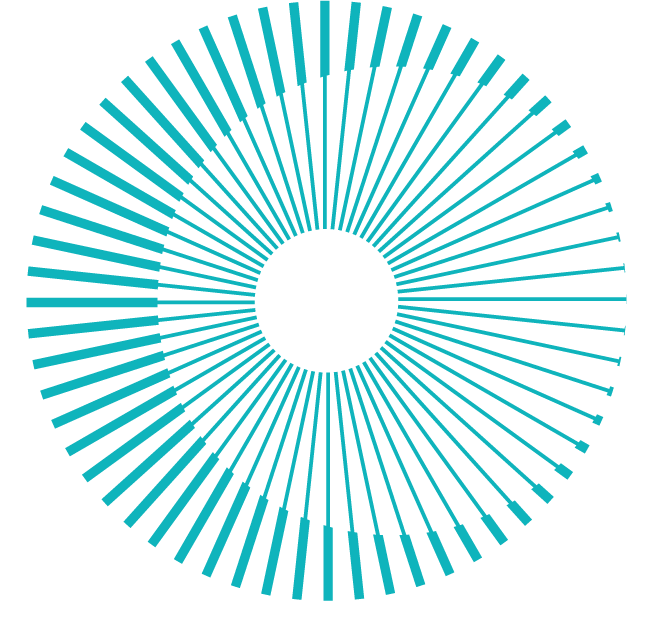
How often will I need treatment?
The number amount of appointments required will be highly specific to you, your overall health and the severity of your illness. Your practitioner will be able to help you decide on how often you need to make appointments and the likely length of treatment.
Am I eligible for private health rebates?
Depending on your private health providers and your level of cover you may be able to claim some of your Acupuncture fee back. We recommend you contact them directly if you are unsure of your level of cover. We are registered with most private health funds.
Are Medicare rebates available?
Unfortunately Chinese Medicine is not currently covered under Medicare.
Are acupuncture and dry needling the same thing?
Same needles, but a vastly different concept! Dry needling involves the use of needles to stimulate muscular motor points and relieve pain and muscular tension. Acupuncture also uses needles to relieve muscular tension through the use of Ashi points (points in the muscle that are particularly tender or tense when pushed). While dry needling solely focuses on muscular issues, acupuncture employs a holistic approach and is used for a wide variety of issues affecting the body. It is also worth noting that there are significant differences between the levels of training and accreditation required for acupuncturists and dry needling practitioners. Acupuncturists must have completed a minimum 4 years tertiary education (bachelors degree), hold Professional Indemnity insurance, adhere to strict infectious control guidelines and be registered under the Australian Health Practitioners Regulation Agency (AHPRA). Dry needling practitioners are not currently regulated by AHPRA and can be qualified to perform the practice with as little as 16 hours of training.
Is acupuncture safe?
Absolutely! Acupuncture is safe when performed by a properly trained, registered and accredited practitioner.
Does acupuncture hurt?
Generally no. Acupuncture needles are very thin; one acupuncture needle is quarter the size of a sewing needle! Some people report a slight sharpness or sting as the needle is inserted, while some people barely feel it at all. The sensation once the needles are inserted varies between people and where in the body the needle has been inserted. You may feel a dull ache, tingling, buzzing, numbness, warmth or heaviness at the location of the needle.
What is in my herbal formula?
There are over 450 commonly used herbs in Chinese Medicine and there could be anywhere between two and twenty herbs in your formula.
Most herbs are derived from plants but minerals, shells and animal products may also be used. Some herbs used traditionally are no longer used such as those that are especially toxic or that are derived from endangered plant and animal species.
Will I experience any adverse effects to acupuncture and herbal medicine?
On occasion adverse effects can happen, your practitioner will discuss these with you prior to treatment. We want to ensure that you feel safe and supported during and following your treatment so please contact your practitioner if something doesn’t feel right.
